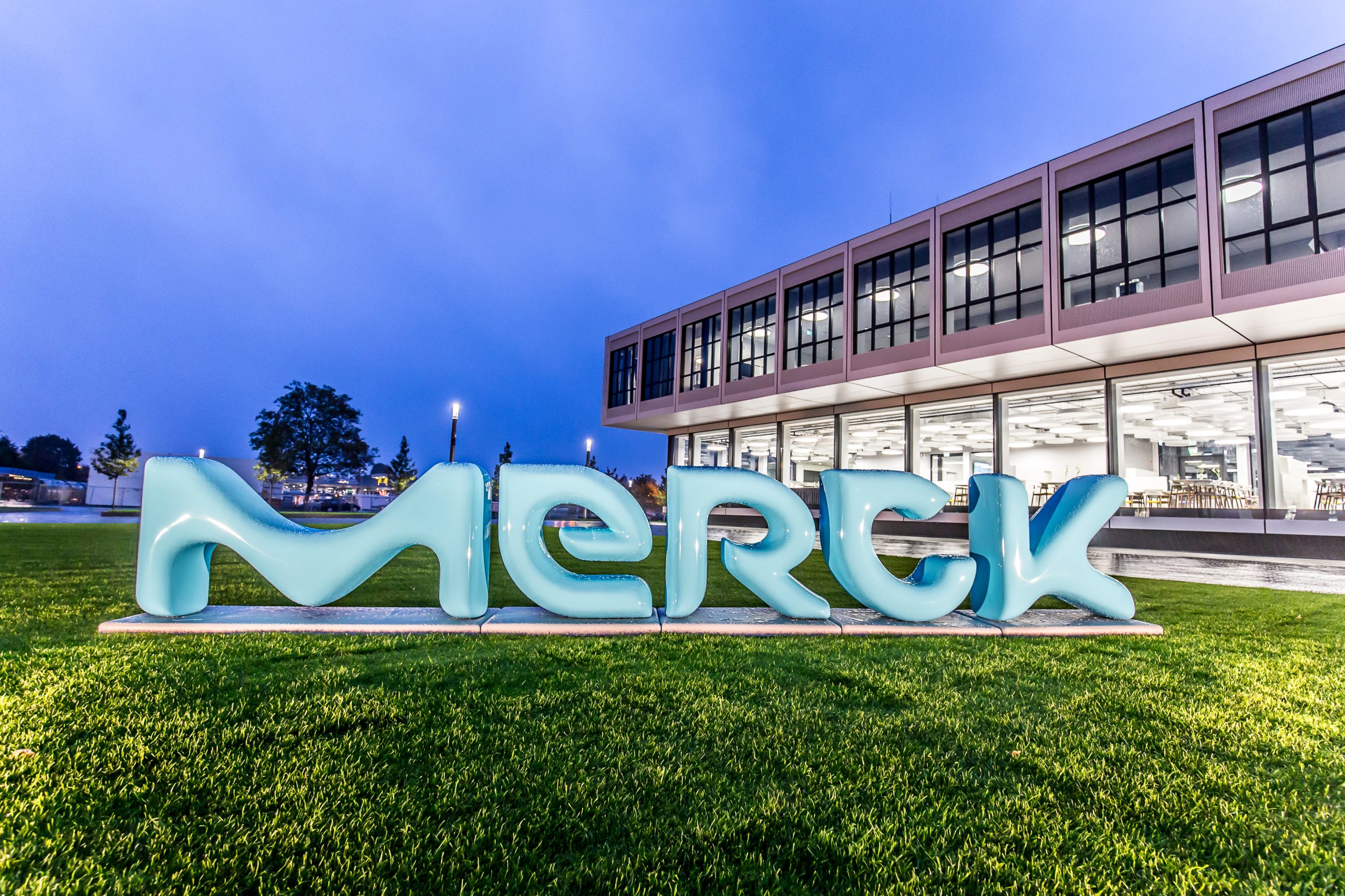Merck KGaA admits to 'challenging' 2018, as currencies hit sales

Germany’s Merck KGaA has described 2018 as a “challenging” year, which saw profits hit by currency headwinds and the company struggling to convince shareholders at semiconductor Versum firm to allow a merger.
In its full year results for 2018, Merck KGaA said sales rose in 2018 by 2.2% to 14.8 billion euros – but the company said it had been hit by negative exchange rate effects of 3.9%.
This was mainly due to then weakening of the US dollar against the euro, as well as significant declines in the value of Latin American currencies.
Consequently earnings before interest, tax, depreciation and amortisation (EBITDA) declined 10.5% to 3.8 billion euros, mainly due to the currency effect.
Net income increased 29.5% to 3.4 billion, with a large chunk due to a gain on the sell-off Merck’s consumer health business.
Dividend was unchanged from last year at 1.25 euros per share.
The company’s two important new medicines – Mavenclad for multiple sclerosis, and cancer drug Bavencio have also begun to contribute to revenues.
Sales of Bavencio rose to 69 million euros in 2018 after a launch the previous year, while the Mavenclad short-course treatment for relapsing MS in patients with high disease activity generated sales of 90 million euros.
There could be more to come from Mavenclad: it is under review with the FDA after several failed attempts at US approval – the regulator’s last rejection was in a Complete Response Letter as long ago as 2011.
But the FDA has accepted file from Merck last year and is due to make a regulatory decision in the first half of this year.
Merck needs the new drugs to perform well: its old MS drug Rebif has seen sales fall by 4.1% to 1.4 billion euros, taking into account exchange rates, and its older cancer drug Erbitux saw sales down slightly to 816 million euros.
Sales of Merck’s fertility treatment Gonal F were broadly flat at 708 million euros.
The company also has a business operating in the field of performance materials and is attempting to buy US semiconductors firm Versum for $5.9 billion.
But Versum has rejected the deal, prompting Merck to write to Versum’s shareholders to try and gain leverage.












